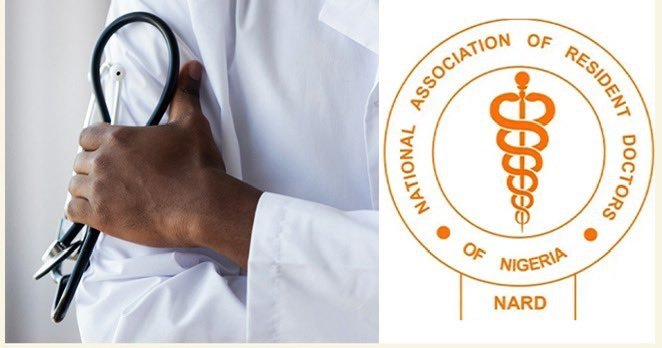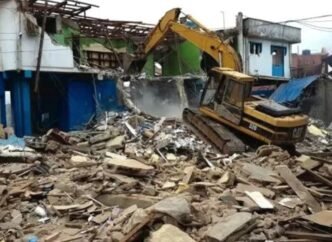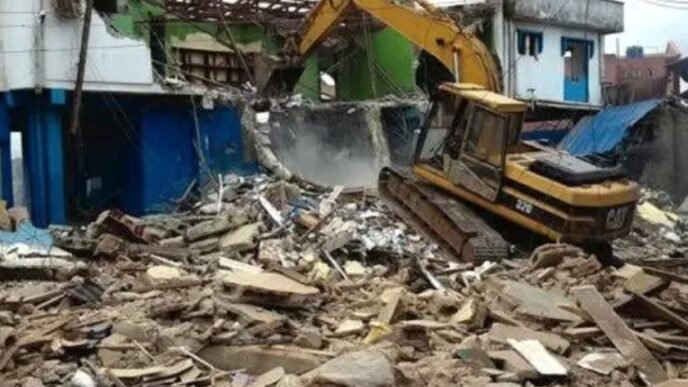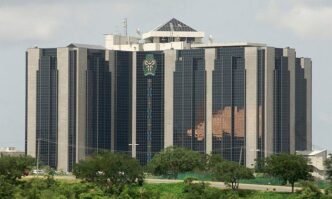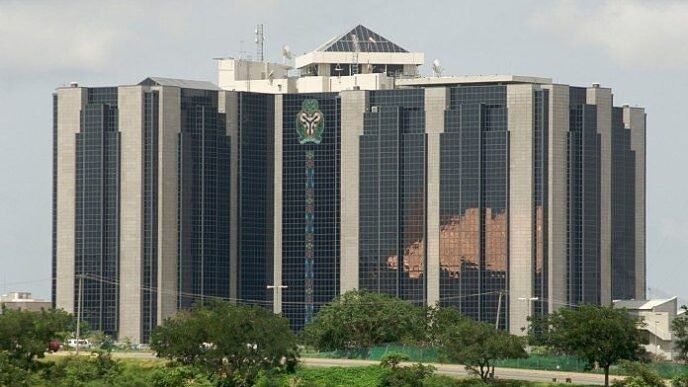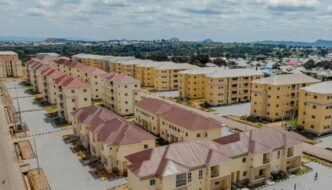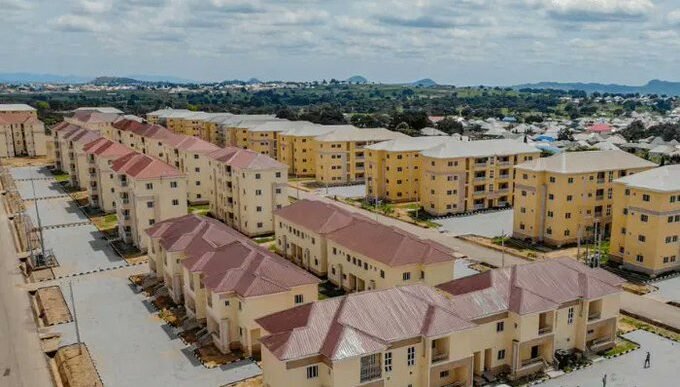Abuja, Nigeria — October 26, 2025:
The Nigerian Association of Resident Doctors (NARD) has announced an indefinite nationwide strike set to commence on Thursday, October 31, 2025, in protest against the federal government’s alleged failure to implement critical agreements affecting their welfare, working conditions, and the overall state of public health institutions across the country.
The decision, which threatens to paralyze medical services in government hospitals nationwide, was reached after an extraordinary National Executive Council (NEC) meeting held in Abuja over the weekend.
According to a communiqué issued after the meeting, the doctors said the strike became inevitable following months of “unfulfilled promises, neglect of pressing welfare issues, and the deteriorating state of Nigeria’s public hospitals.”
Root Causes of the Strike
In the communiqué jointly signed by NARD President, Dr. Dele Abdullahi, and Secretary-General, Dr. Mariam Ogundipe, the doctors outlined the major grievances that informed their decision.
Key among them are:
- Non-payment of salary arrears for members, including those working in state-owned tertiary hospitals.
- Failure to domesticate and implement the Medical Residency Training Act (MRTA) across all states of the federation.
- Inadequate hazard allowances for doctors and other healthcare workers.
- Poor funding and infrastructure decay in public hospitals, leading to unsafe working environments and compromised patient care.
- Stalled negotiations on the Consolidated Medical Salary Structure (CONMESS) review, which has been pending for several months despite assurances from the Ministry of Health.
Dr. Abdullahi said NARD had made “consistent efforts” to avoid industrial action through dialogue and several rounds of meetings with the Federal Ministry of Health, the Budget Office, and the Office of the Head of Civil Service. However, he noted that “the government’s consistent failure to act in good faith has left us with no other option but to down tools indefinitely.”
Impact on Nigeria’s Public Health Sector
The looming strike has sparked fears of widespread disruption in Nigeria’s public health sector, especially in federal and state teaching hospitals, where resident doctors constitute the majority of the workforce.
Resident doctors make up more than 60 percent of Nigeria’s hospital medical personnel, handling the bulk of emergency, surgical, and outpatient services. A strike of this magnitude could cripple operations in several key hospitals, including the Lagos University Teaching Hospital (LUTH), University College Hospital (UCH) Ibadan, Ahmadu Bello University Teaching Hospital (ABUTH) Zaria, and the National Hospital Abuja.
Healthcare analysts warn that the action could worsen the already dire state of healthcare delivery in the country. Nigeria’s doctor-to-patient ratio remains far below the World Health Organization (WHO) recommendation, with fewer than 40,000 practicing doctors serving a population of over 220 million people.
A prolonged strike, experts say, could result in increased mortality rates, delayed treatments, and overcrowding in private hospitals, which many citizens cannot afford.
Government Reaction
In a swift response, the Federal Ministry of Health and Social Welfare said it was engaging the doctors’ leadership to prevent the strike from taking effect.
A senior official who spoke on condition of anonymity said the government was “not unaware” of the doctors’ concerns and was “working round the clock” to address their grievances within the limits of the 2025 fiscal framework.
The official added that a high-level committee had been convened to fast-track the release of the long-delayed residency training funds and the review of CONMESS.
However, NARD insists that promises without timelines are no longer acceptable. “We have heard these assurances before,” said Dr. Ogundipe. “Until we see concrete implementation and clear evidence of government commitment, we will not call off the strike.”
Public Reaction and Fear of Service Collapse
Patients and advocacy groups have expressed deep concern over the planned industrial action, urging both sides to find a middle ground before October 31.
At the Federal Medical Centre, Jabi, Abuja, several patients expressed frustration and fear of what the strike could mean for those with ongoing treatments.
Mrs. Grace Eze, whose husband is undergoing dialysis, said the news of the strike has thrown her family into panic. “If doctors stop working, where do we take our patients? Private hospitals charge triple, and most of us cannot afford it,” she lamented.
Similarly, the Nigerian Labour Congress (NLC) has called on the federal government to act swiftly to avert what it described as “a potential national health emergency.”
NLC spokesperson, Benson Upah, said, “The doctors’ demands are legitimate. The government must prioritize healthcare workers’ welfare because when they are frustrated, the entire system suffers.”
History of NARD Strikes
This is not the first time the Nigerian Association of Resident Doctors has embarked on an industrial action over similar grievances.
In 2023, NARD suspended a two-week warning strike after the government signed a Memorandum of Understanding to address wage discrepancies and improve funding for medical training. However, most of those agreements, the union says, have yet to be implemented.
The doctors also went on strike in 2021, a dispute that lasted nearly two months and led to significant disruption of services nationwide. The government had at the time accused the union of insensitivity, but the doctors argued that poor working conditions were forcing many of their members to leave the country in search of better opportunities abroad — a phenomenon popularly referred to as the “japa” syndrome.
As of 2025, more than 5,000 Nigerian doctors are estimated to have relocated to the United Kingdom, Canada, and the Middle East over the past five years, further depleting the country’s healthcare workforce.
What Happens Next
With just days before the strike deadline, all eyes are on the ongoing talks between NARD and government representatives. Analysts say a quick resolution is crucial to prevent another collapse in public health services.
Civil society organizations, including the Health Reform Foundation of Nigeria (HERFON), have called for a mediated dialogue that ensures lasting solutions rather than temporary fixes.
HERFON’s Executive Director, Dr. Chioma Okeke, said, “Nigeria cannot continue to operate a reactive health system where strikes are the only language understood. We need structural reforms that make our hospitals functional and our doctors motivated.”
Conclusion
As the October 31 deadline approaches, anxiety mounts across Nigeria’s healthcare system. The coming days will determine whether the federal government can prevent a full-scale shutdown of medical services or if the country will once again witness another paralyzing health sector crisis.
For millions of Nigerians who depend on public hospitals for affordable care, the stakes could not be higher.


